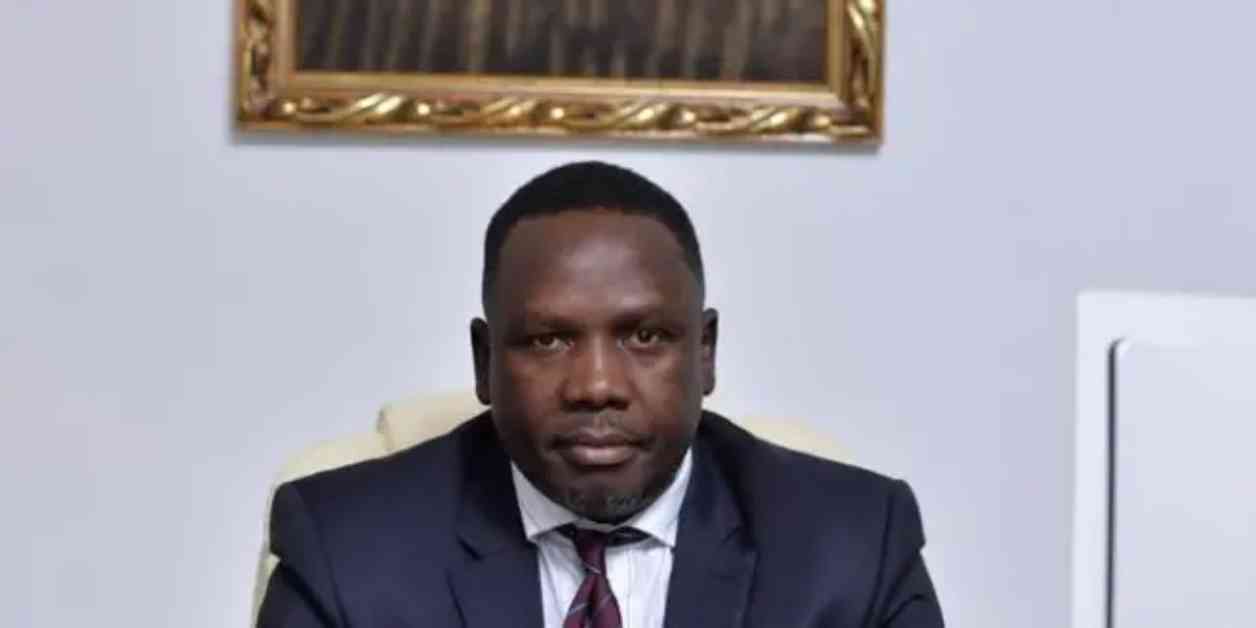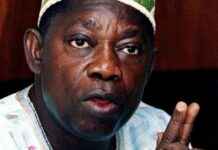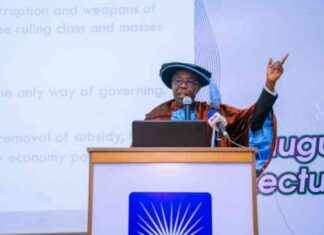Presidency Responds to Kemi Badenoch’s Criticism
Presidential spokesman Daniel Bwala recently addressed the ongoing criticism of Nigeria by UK Conservative Party leader Kemi Badenoch. Badenoch, a Nigerian-born politician, made disparaging remarks about Nigeria during a speech at an event organized by Onward, a British think tank. She highlighted what she perceived as failures in the Nigerian government, sparking controversy.
Bwala’s Perspective on Badenoch’s Comments
Bwala criticized Badenoch’s comments as mere rhetoric aimed at gaining political favor within her party. He suggested that Badenoch’s remarks were part of a populist strategy to appeal to a specific base and deepen her support. Bwala emphasized that Badenoch’s negative portrayal of Nigeria was counterproductive and lacked the depth necessary for constructive dialogue.
Impact on Investor Relations
Despite concerns raised by Badenoch’s comments, Bwala reassured the public that Nigeria’s efforts to attract investors would not be significantly affected. He explained that international relationships and collaborations primarily involve government entities rather than individual politicians. Bwala also highlighted the importance of investors critically assessing Badenoch’s rhetoric to distinguish between genuine concerns and political posturing.
In a surprising twist, Bwala shared a personal anecdote about his own experiences as a Nigerian living abroad. He recounted a time when he faced similar criticisms about Nigeria from foreign acquaintances. Instead of dismissing their views outright, Bwala engaged in meaningful conversations to address misconceptions and promote a more nuanced understanding of his home country. Through these interactions, Bwala realized the importance of fostering open dialogue and dispelling stereotypes to strengthen international relations.
Overall, Bwala’s measured response to Badenoch’s comments underscores the complexities of diplomatic interactions and the need for constructive engagement. By acknowledging the potential impact of negative rhetoric while maintaining confidence in Nigeria’s investment prospects, Bwala exemplifies a pragmatic approach to navigating international discourse.















